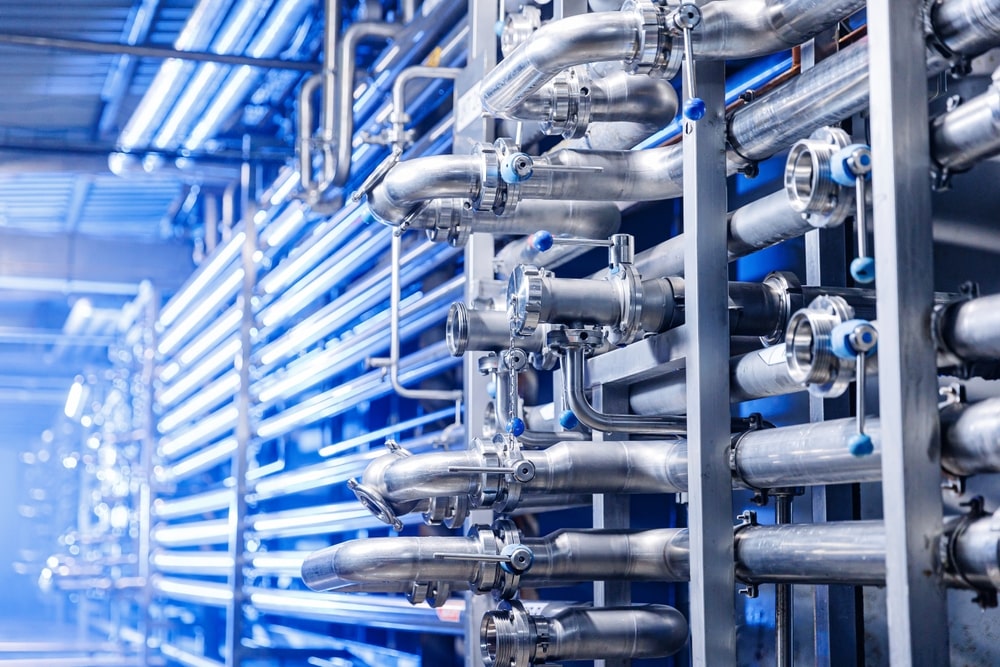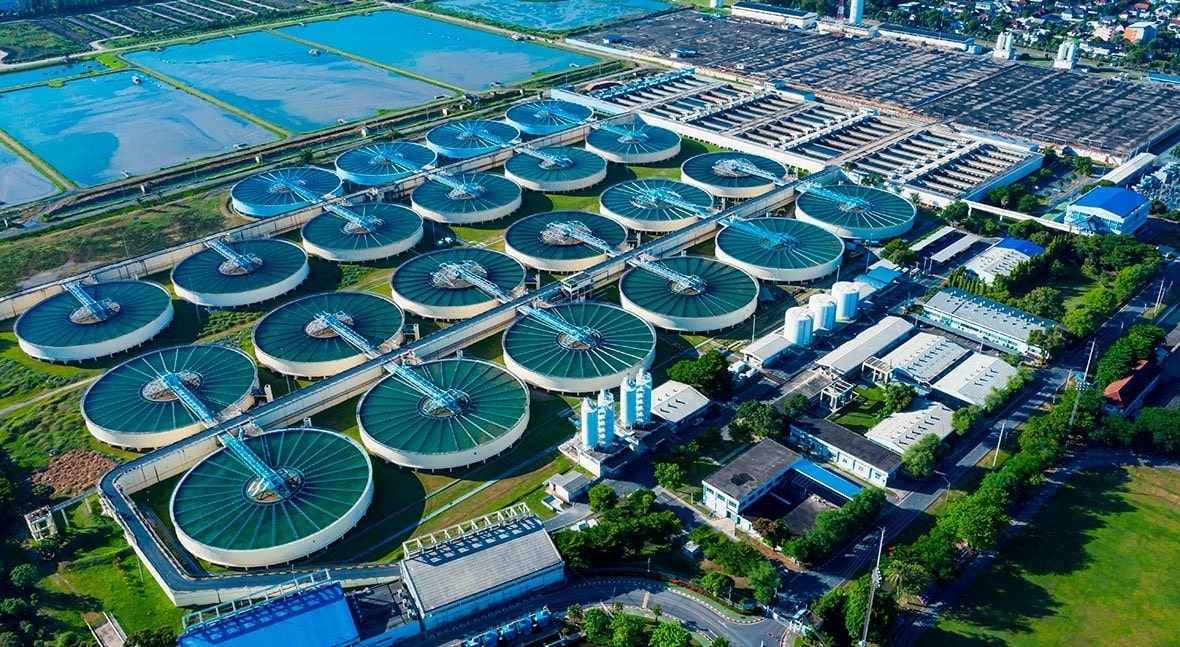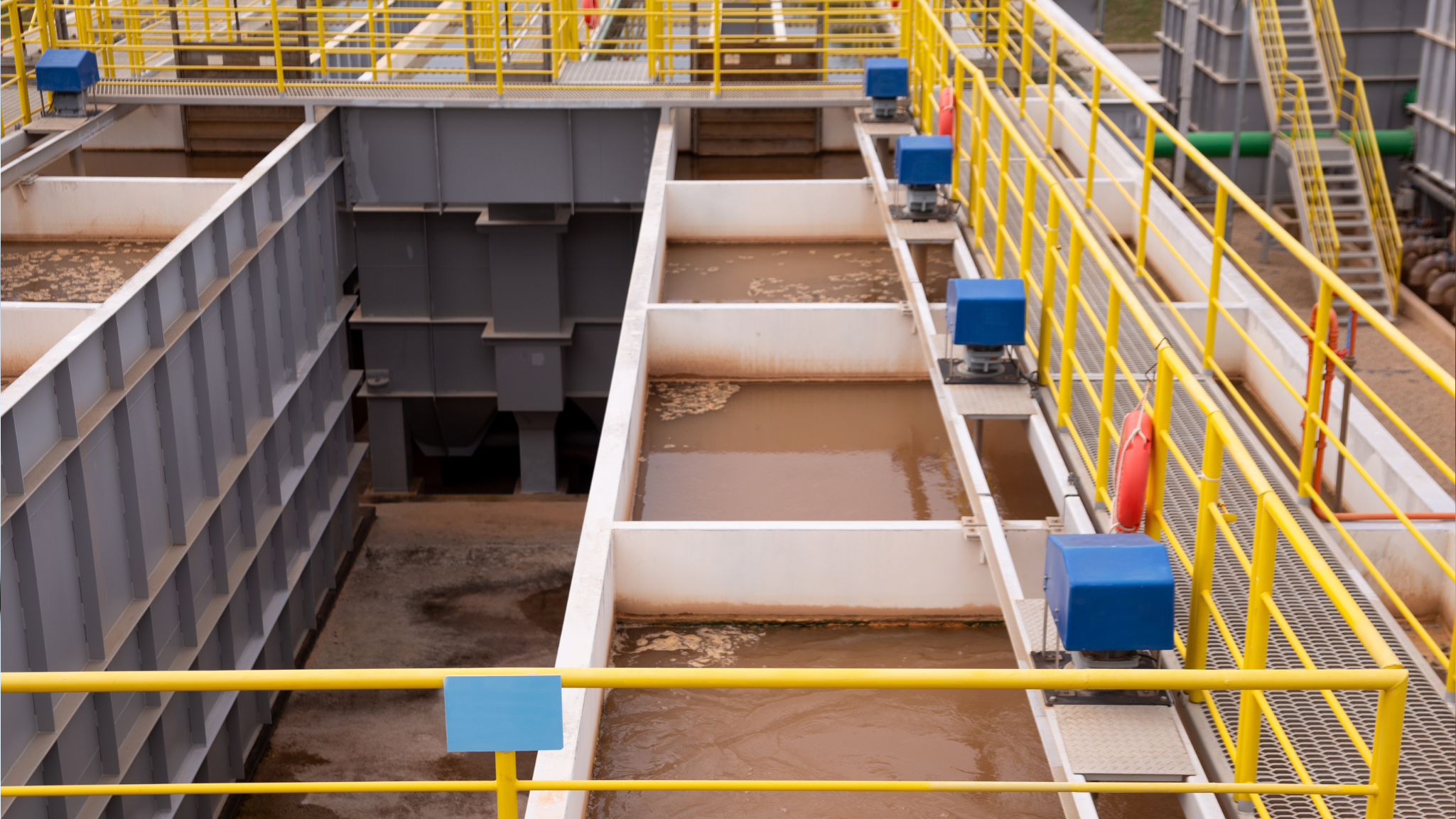Digitalization makes a revolution in different fields specially in the recent years. One of these fields or industries that digitalization effect on it is water and wastewater treatment. Digitalization in water and wastewater treatment can be called “Smart Water”. Smart Water focuses on leveraging digitalization and automation to enhance operational technology (OT) systems. In this article we will talk about how these technologies are revolutionizing water and wastewater treatment management by optimizing resource use, improving predictive maintenance, and reducing operational costs.
What is Smart Water?
Smart Water, or as they like to call it, Water 4.0, derived from Industry 4.0, puts a strong emphasis on digitalization and automation as integral parts of an efficient, flexible, and competitive management of water. This approach, by leveraging technologies such as hardware, software, and analytics, will enable water and wastewater utilities to address those challenges with effective automation, connectivity, data collection, and analysis, ultimately transforming the ways water and wastewater can be managed by improving OT systems beyond traditional methods.
In this sense, while industrial wastewater production is higher than ever and sources of fresh water are becoming scarcer to meet current and future demands, digitalization offers a great opportunity to optimize resource use and enhance management performance. Indeed, in the new EU urban wastewater treatment directive, digitalization plays a key role in enhancing the monitoring and reporting methods but also in optimizing collection, storage, and treatment systems of wastewaters.
Thus, it has a significant benefit to water management through predictive maintenance strategies, process enhancement, and keeping in tune with regulatory compliance while reducing energy consumption.
Digital Solutions in Water Management Systems
Digitalization has a high potential, especially if we go on talking about sustainability and environmentally friendly issues, but we will focus on three of them.
Firstly: Optimization of maintenance operations
This approach contributes to cost reduction-for example, with secure remote access technologies that control systems, allowing savings of 30-80% of the trips.
The approach ensures optimum resource allocation along with efficient inspection and maintenance programs.
Secondly, diagnostics tools
It can locate the possibility of equipment failure early, while proactive predictive maintenance models analyze data in order to anticipate issues even before they occur.
It can improve operational performance by giving real-time visibility into water quality and quantity at every turn and bend of the network. They enable better decision-making with data analytics, improve leak detection to reduce losses, and enhance resilience against climate variability and other stressors on the water system.
Thirdly, effective energy management strategy
they help in the development of an effective energy management strategy through their identification of potential opportunities to minimize energy use in water treatment and distribution systems, mainly within the pumps and aeration systems. Where there is sufficient information, energy consumption can be minimized by between 15% and 35%, depending on the process concerned.

What specific benefits can integrators, factories, and utilities gain from implementing smart water solutions?
For System integrators, Digital solutions are the possibility of deeper insight into systems through platforms and analytics tools and of offering new value-added services to their customers. This, in turn, significantly reduces the cost of transfers while guaranteeing the return to optimum conditions as soon as possible. Remote operation means experts are continuously informed about the current state of the plant, thus enabling them to optimize operation and respond in an easy and effective manner to changed operating conditions.
For industrial treatment, digitalization is accelerating the outsourcing of services, where water treatment often falls outside the core expertise of the factory owner.
Obstacles to implementing digital solutions
First, it is important to point out that the concept of Smart Water or digitalization does not cover only the introduction of new technologies but also includes cultural and organizational aspects, which are often ignored and may well cause internal resistance to change. This, in turn, requires a process and mindset change for cross-functional collaboration and training of staff on digital transformation projects.
Secondly, finance any digitalization system requires a huge finance investment. In addition, ROI in any digitalization system is hard to be calculated.
Thirdly, cybersecurity remains a primary barrier to digitalization in OT environments across all sectors. In the water sector, where already many incidents of public attacks have taken place, companies find themselves increasingly vulnerable to cyberattacks that threaten both systems availability and customer data security. Because of the critical importance of this sector and its high media visibility, it is an appealing target for cybercriminals. Further, the recently increased convergence through digitalization of IT and OT extends the vulnerability of this critical water infrastructure to these types of cyber threats.
Conclusion
Digitalization has opened completely new frontiers for water and wastewater treatment and promises giant strides toward operational efficiency, sustainability, and resilience. Smart Water solutions avail themselves of advanced technologies, data analytics, and automation that achieve better resource utilization, enhance predictive maintenance, and lower costs. Though challenges do remain, such as cultural resistance, financial investment, and cybersecurity concerns, the potential benefits far outweigh the obstacles.
The new entry of digitalization stakeholders in water management, like system integrators, factories, and utilities, opens new opportunities for innovation to be introduced in the improvement of system performance, reduction of environmental impact, and adaptation to evolving regulatory standards. Indeed, with fresh water scarcity and a continuous increase in industrial wastewater production, Smart Water technologies will help solve emerging global challenges. The implementation of these solutions would only lie with digital solutions, and that too would drive the industry toward sustainability and efficiency.




